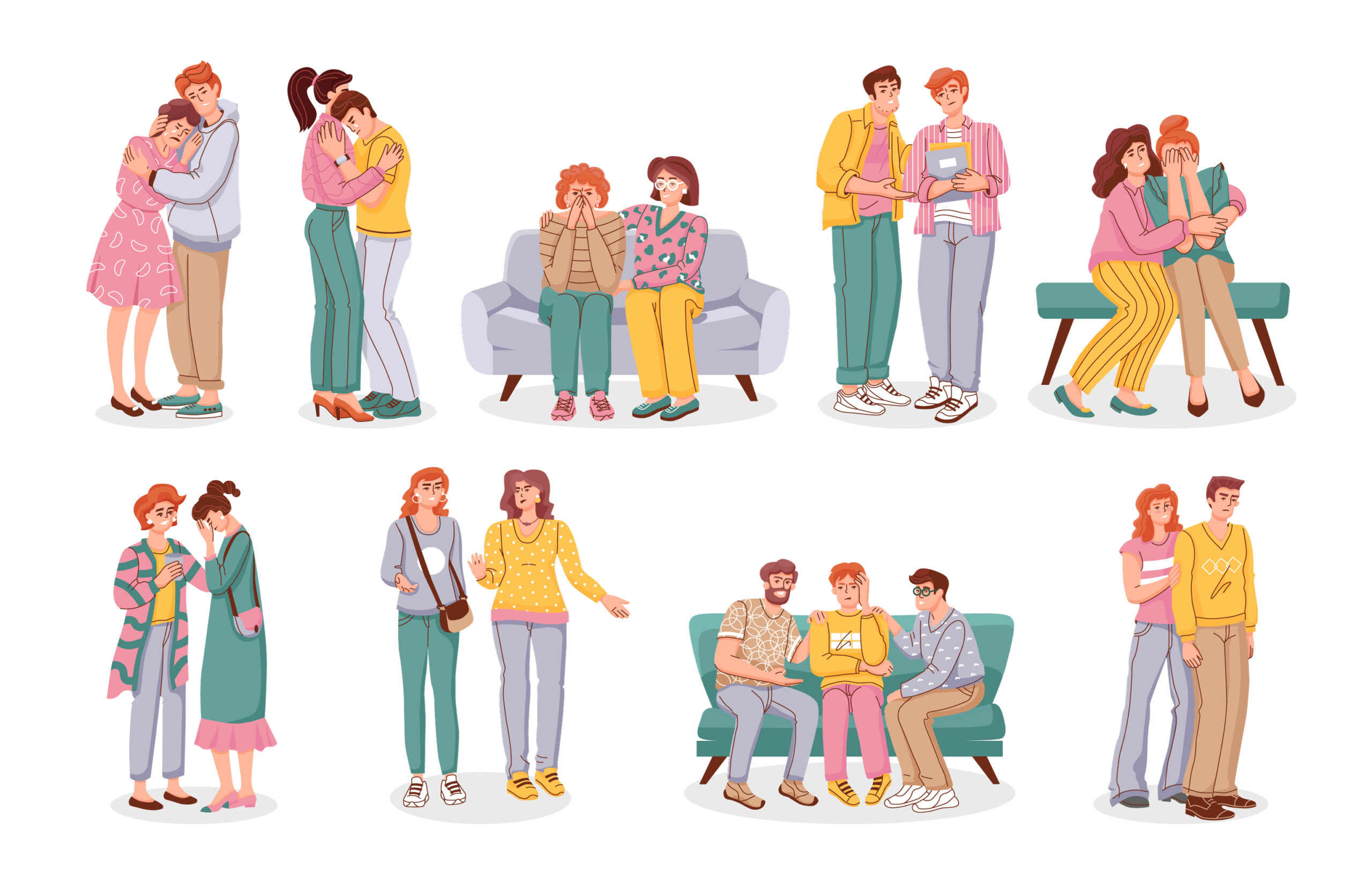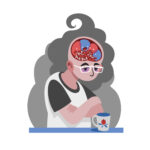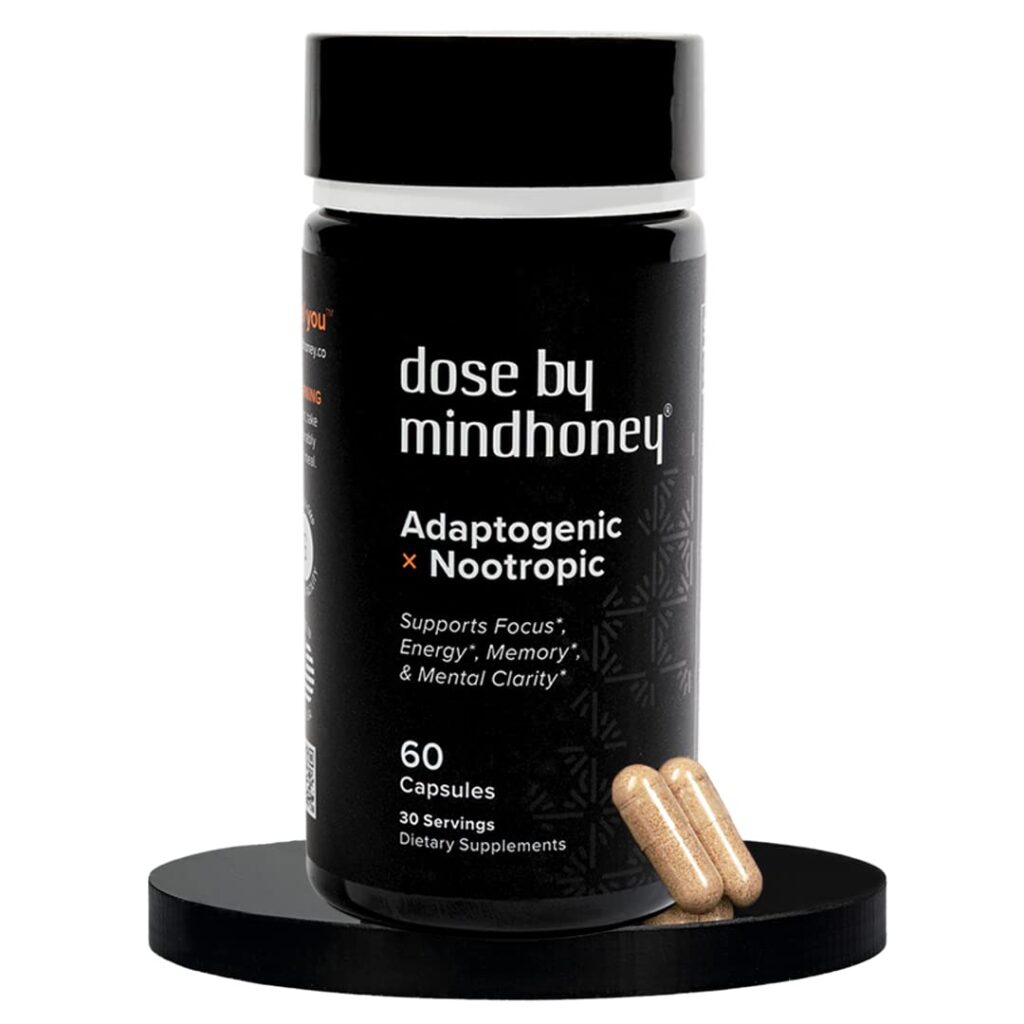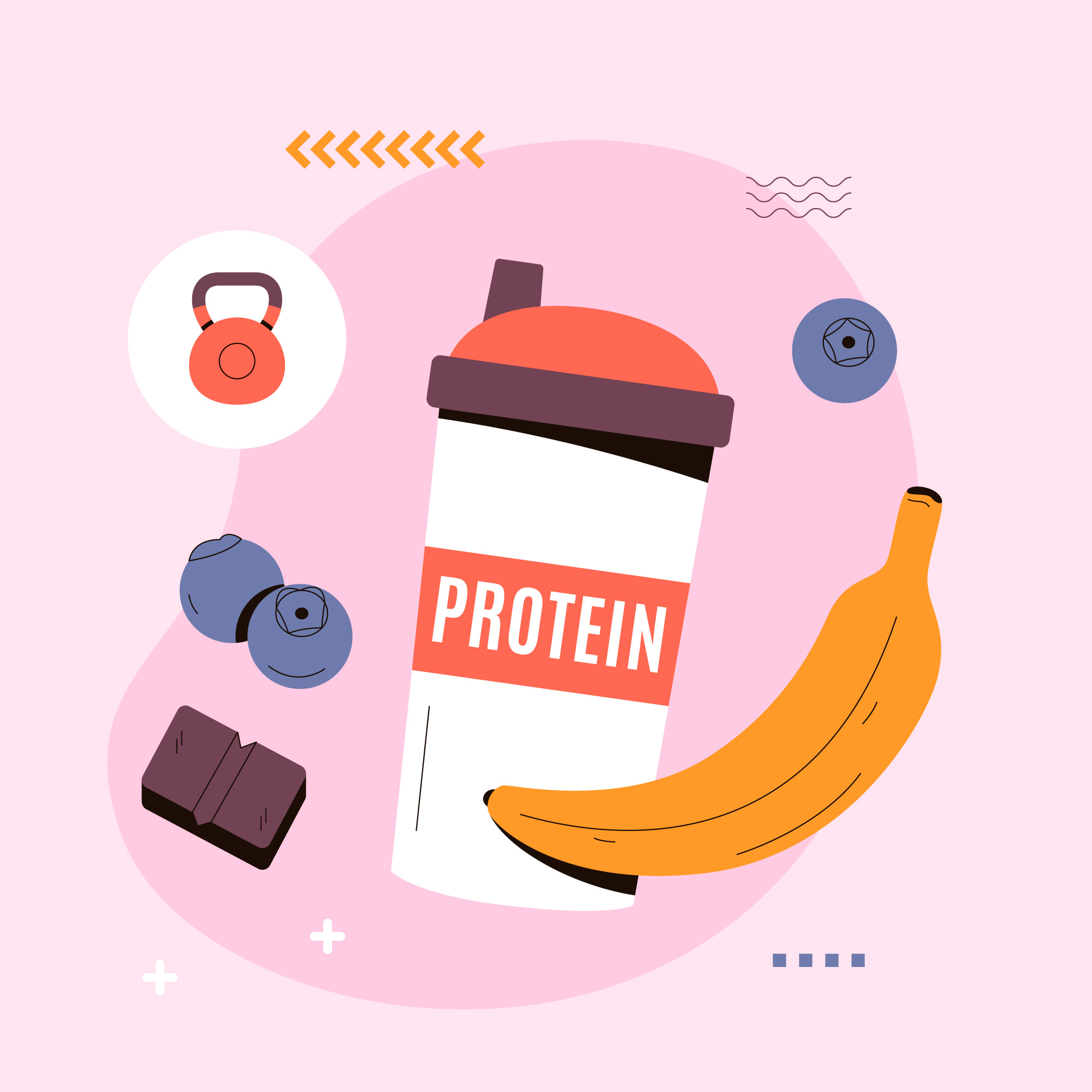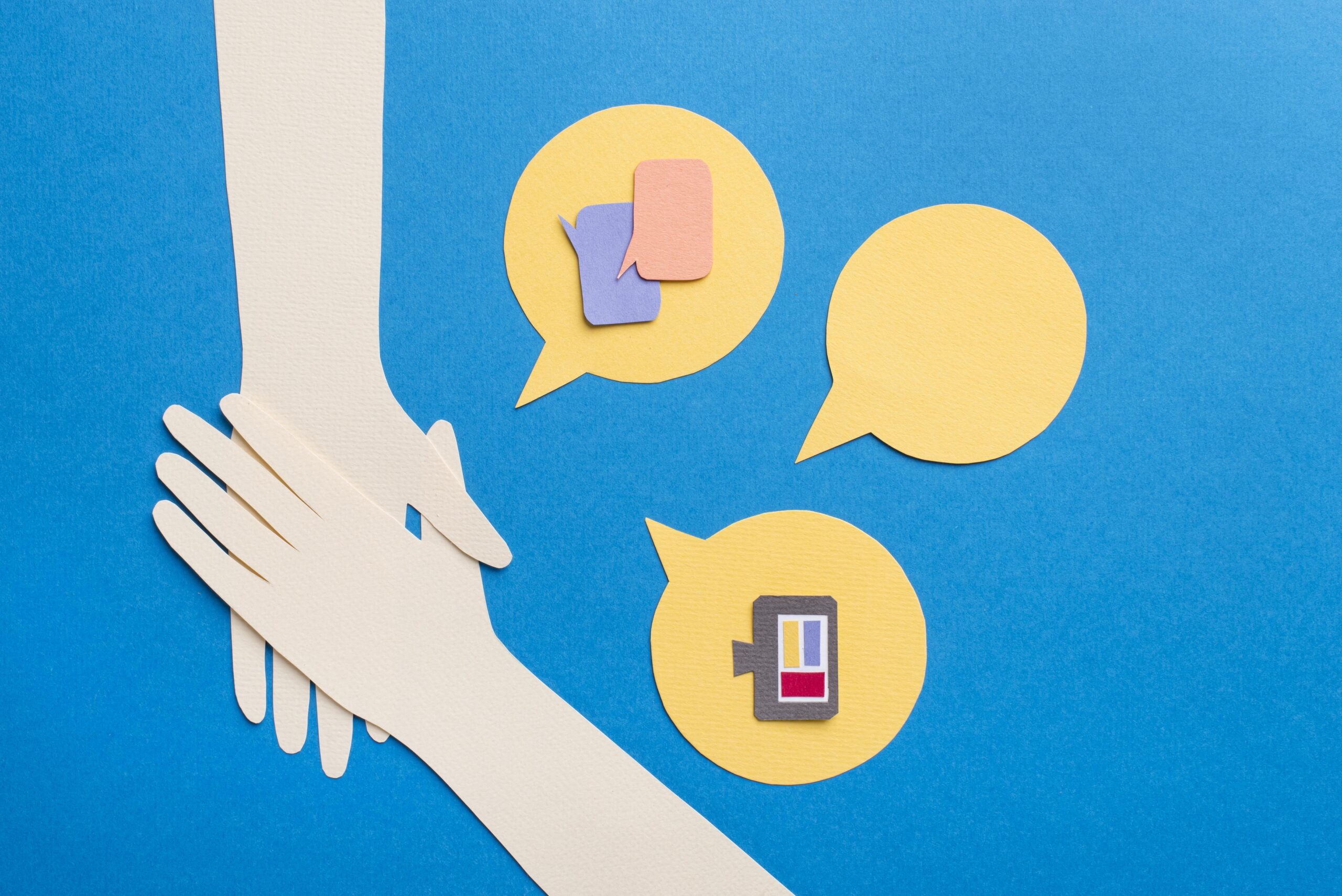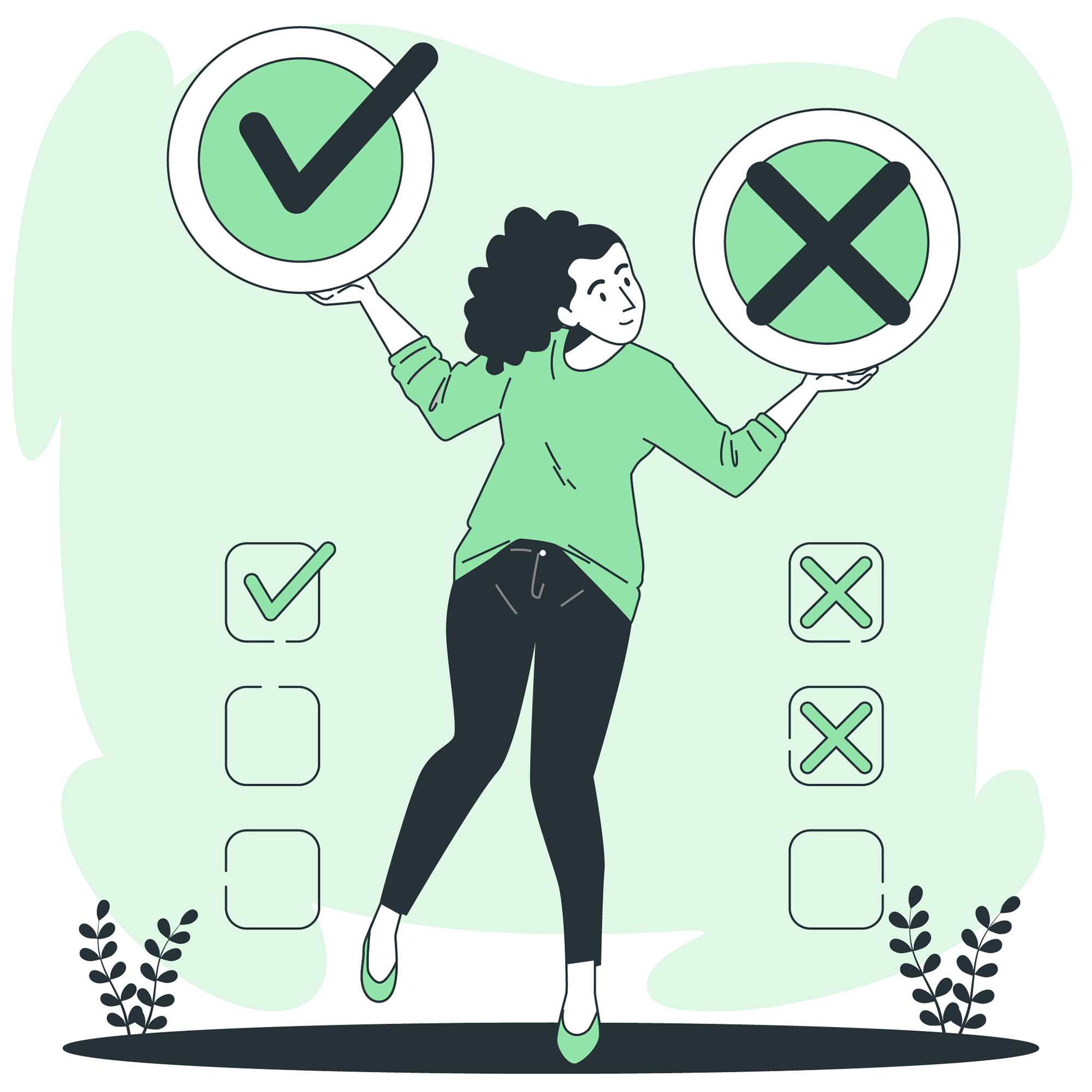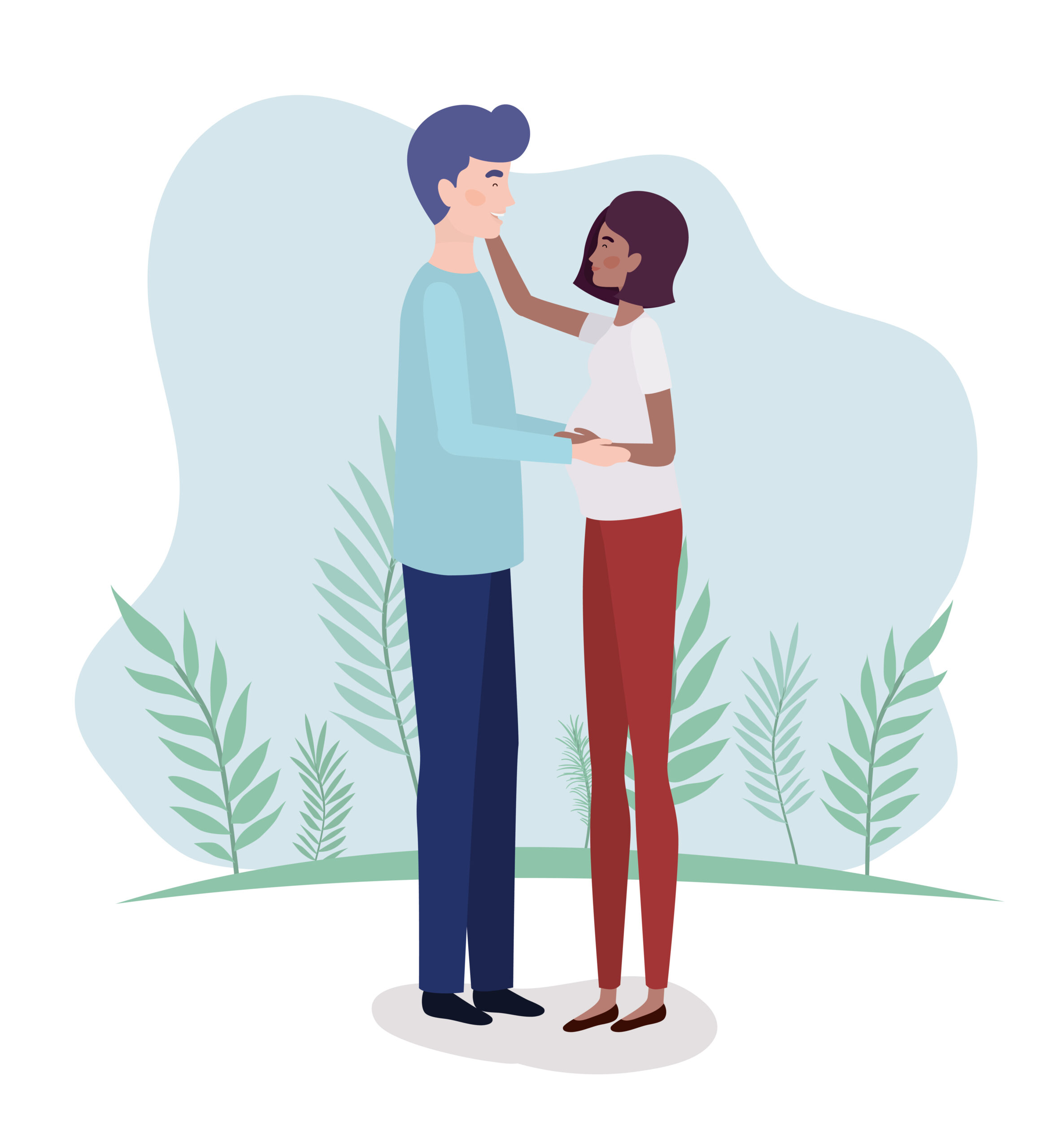Navigating Relationships with ADHD: Understanding Challenges and Providing Support
Living with Attention Deficit Hyperactivity Disorder (ADHD) can present unique challenges in personal relationships. The symptoms often manifested through difficulties with focus, impulsivity, and emotional regulation can lead to misunderstandings, frustration, and emotional strain. However, with proper understanding and support from friends and loved ones, these challenges can be addressed constructively, leading to healthier and more fulfilling connections.
Understanding the Challenges
1. Communication Barriers
Individuals with ADHD may struggle with verbal communication. They might interrupt conversations or lose track of topics mid-discussion. This can lead to frustration for both parties, as the conversation may feel disjointed and unresolved.
2. Forgetfulness and Disorganization
One common symptom of ADHD is forgetfulness. Those affected might forget important dates, tasks, or promises, which can be particularly hurtful in relationships. Over time, this can lead to feelings of neglect or resentment from loved ones who feel unprioritized.
3. Impulsivity
Impulsive behaviors, such as blurting out thoughts or making hasty decisions without considering the consequences, can lead to misunderstandings or conflict. Partners may feel blindsided or hurt by comments or actions taken without careful thought.
4. Emotional Sensitivity
Individuals with ADHD can experience heightened emotions, making them more reactive to situations. This may result in intense feelings of frustration, sadness, or anger, which can be challenging for both the individual and their loved ones.
5. Difficulty with Routine and Structure
Maintaining routines can be particularly daunting for individuals with ADHD. This can impact various aspects of a relationship, from shared responsibilities at home to planning outings or managing daily tasks together.
How Friends and Loved Ones Can Support
Understanding the challenges that come with ADHD is the first step towards fostering healthier relationships. Here are some practical ways friends and loved ones can provide much-needed support:
1. Practice Patience and Understanding
Recognize that ADHD is a neurological condition that affects how individuals process information and respond to their environment. Patience is key. If your loved one forgets a plan or interrupts during a conversation, try to understand it as part of their condition rather than as a personal slight.
2. Encourage Open Communication
Maintaining open lines of communication is essential. Encourage your loved one to share how they feel and what they need from the relationship. Be honest about your feelings, but aim to do so in a constructive and supportive manner. This can create a safe space for both parties to express themselves.
3. Set Up Structure Together
If routines are challenging for your loved one, work together to create a system that fosters organization. Use shared calendars, reminders, and written notes to help keep track of important dates and tasks. Implementing structure can reduce feelings of chaos and improve both of your experiences.
4. Be Clear and Concise
When communicating, try to be clear and concise. Avoid overwhelming your loved one with too much information at once. Breaking down tasks or information into manageable chunks can help them process better and reduce feelings of being overwhelmed.
5. Offer Positive Reinforcement
Praise your loved one for their strengths, efforts, and accomplishments. Positive reinforcement can enhance their self-esteem and motivate them to manage their ADHD symptoms. Encouragement can go a long way in building a strong and supportive relationship.
6. Educate Yourself About ADHD
The more you know about ADHD, the better equipped you will be to support your loved one effectively. Read materials, attend workshops, or engage in discussions about ADHD. Understanding the condition’s nuances can foster empathy and awareness in your relationship.
7. Promote Self-Care and Healthy Coping Strategies
Encourage your loved one to engage in self-care practices, whether that includes exercise, mindfulness, therapy, or engaging in hobbies. Support them in finding tools and strategies that help them manage their ADHD symptoms effectively.
Conclusion
ADHD can introduce complexities into personal relationships, but with patience, understanding, and active support, these challenges can transform into strengths. Friends and loved ones play a crucial role in creating an environment that fosters understanding and healing. By nurturing open communication, establishing routines, and providing encouragement, relationships can flourish, allowing individuals with ADHD to experience their connections positively and meaningfully.
Remember, every relationship requires teamwork and collaboration, and a little understanding can go a long way in making the journey a successful one. Together, you can navigate the challenges and celebrate the strengths that each partner brings to the relationship.
